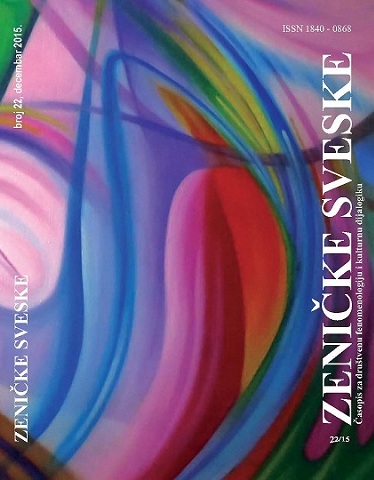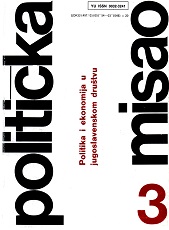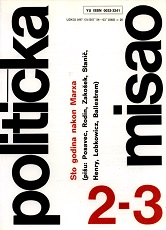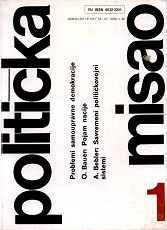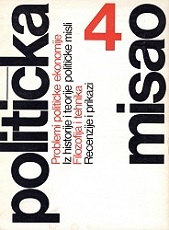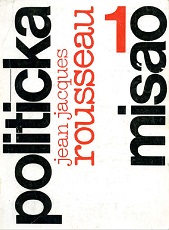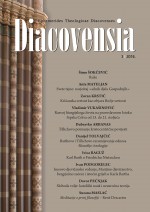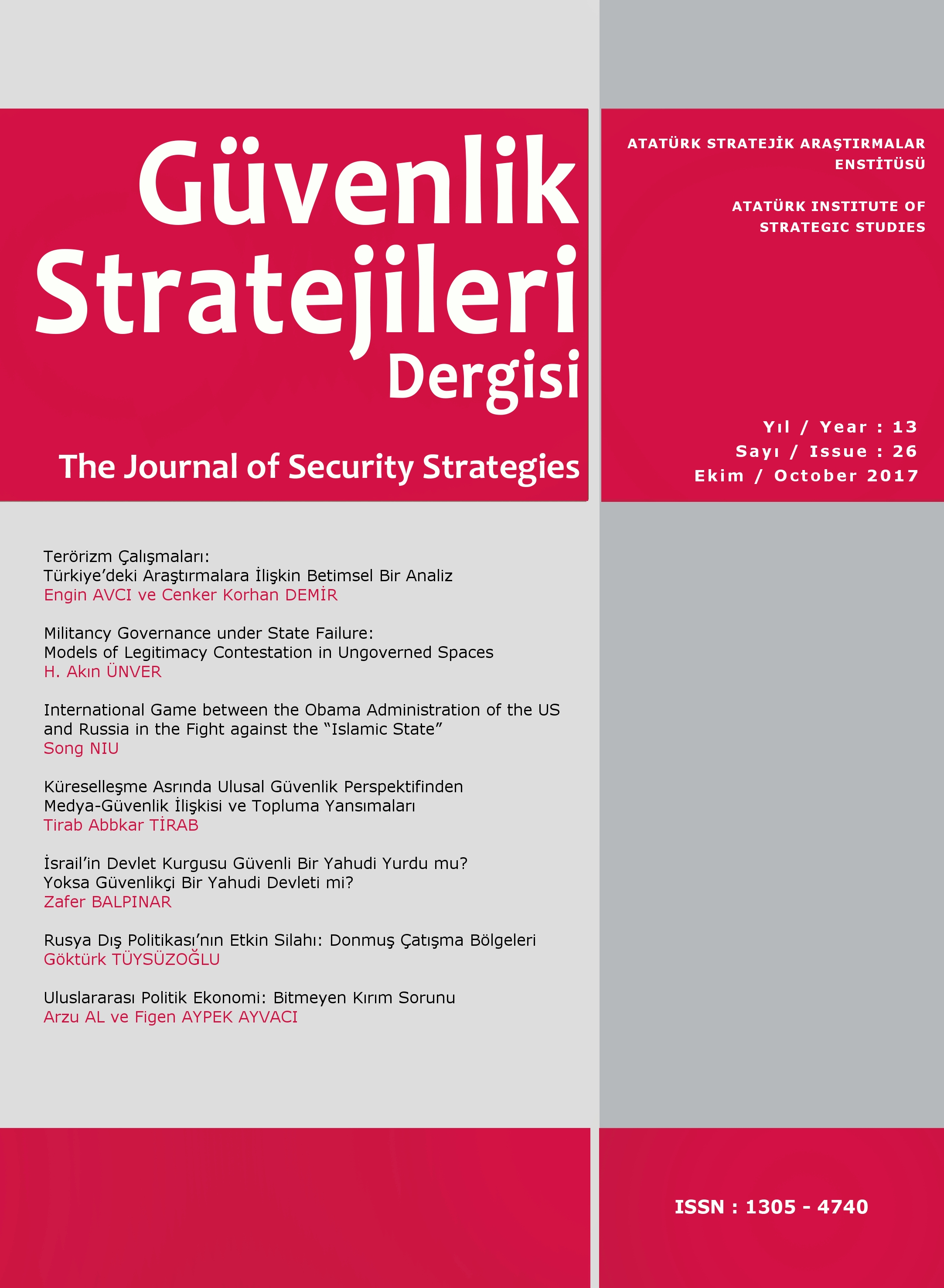
Uluslararası Politik Ekonomi: Bitmeyen Kırım Sorunu
The International Political Economy (IPE) tries to interpret the mutual interactions of states, economic agents, international organizations by revealing over the cases of conflicts and interests. During this interpretation, the results are tested for compliance with the international legal system. As a result of this test, “legitimacy” problem arises. “Legitimacy”, separated from the concept of “legality”, causes international law to be questioned. However, the economic interests and concerns of the states, in which the IPE is interested and which it tries to explain, are sometimes leading to ignore these problems in international law. In other words, the emergence of this dilemma is often caused by the political and economic perspectives of the states which are transformed into a harmony. In this study, an evaluation of the international law in the context of IPE will be presented shorthly and the current international system over the Ukraine-Crimean Crisis will be discussed in view of economic concerns.
More...
